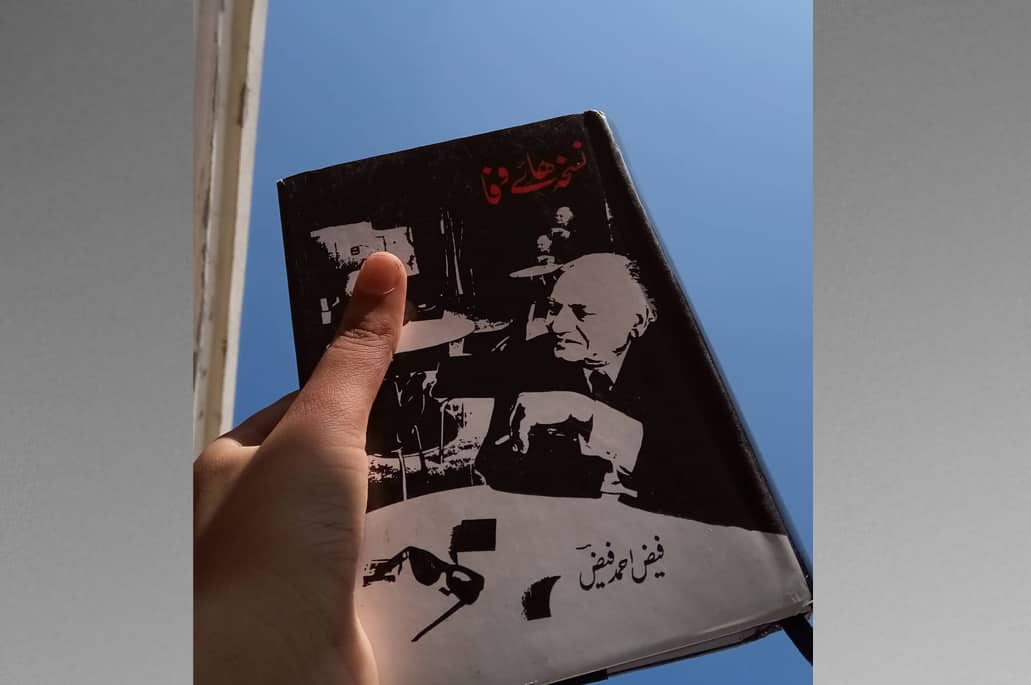LUCKNOW: The renowned Pakistani poet Faiz Ahmad Faiz’s iconic poem ‘Hum Dekhenge’ may have caused an upheaval in the literary world but it has also helped in resurrecting the famous poet for the young generations.
High demand
Students and young professionals are making a beeline for books on Faiz, his biography and his poems and booksellers are ordering supplies of Faiz books.
“Earlier, we sold hardly one book in a month or on Faiz but after the controversy, people are curious to know more about the poet and his poems. We have placed orders for the entire literary range on Faiz Ahmad Faiz,” said a leading bookseller in Hazratganj in Lucknow.
The bookseller said that the highest demand was for books written in Devnagri script.
“Not many in the young generation can read or write Urdu so they prefer Devnagri,” the bookseller said.
Out of stocks
In Kanpur, most of the leading bookshops have already run out of stocks and bookstalls in the ongoing Handloom Expo are drawing huge crowds for Faiz books.
Suchita Srivastava, a B.Ed student in Kanpur said, “I have never been fond of Urdu poetry because I do not understand much of the language but after the controversy, I want to read poems of Faiz to understand what he wanted to say. I am taking the help of Google to understand difficult words in Urdu.”
Krishna Rao, another student at the Chandra Shekhar Azad University of Agriculture and Technology, said that since books on Faiz had been sold out, he had ordered a Kindle edition and was reading them.
“Reading his poems actually widens one’s perspective of things and becomes even more precious if you take into account the time and context in which they were written,” he said.
Hum dekhenge…
The Urdu poet from Pakistan’s Sialkot – a communist and an atheist – was nominated for the Nobel Prize in Literature in 1963. He used religious metaphors in his poetry to attack the establishment.
Faiz Ahmad Faiz was jailed several times for his writings. He wrote “Hum Dekhenge… (We will see)” – one of his best-remembered compositions – in New York in 1979. It was a mark of protest against the Pakistani dictator Zia-ul-Haq, who declared himself the President of Pakistan after overthrowing the Zulfikar Ali Bhutto government.
In 1986, the song assumed an iconic status after Pakistani singer Iqbal Bano sung the poem of defiance against the martial law in Lahore in front of a 50,000-plus crowd.

